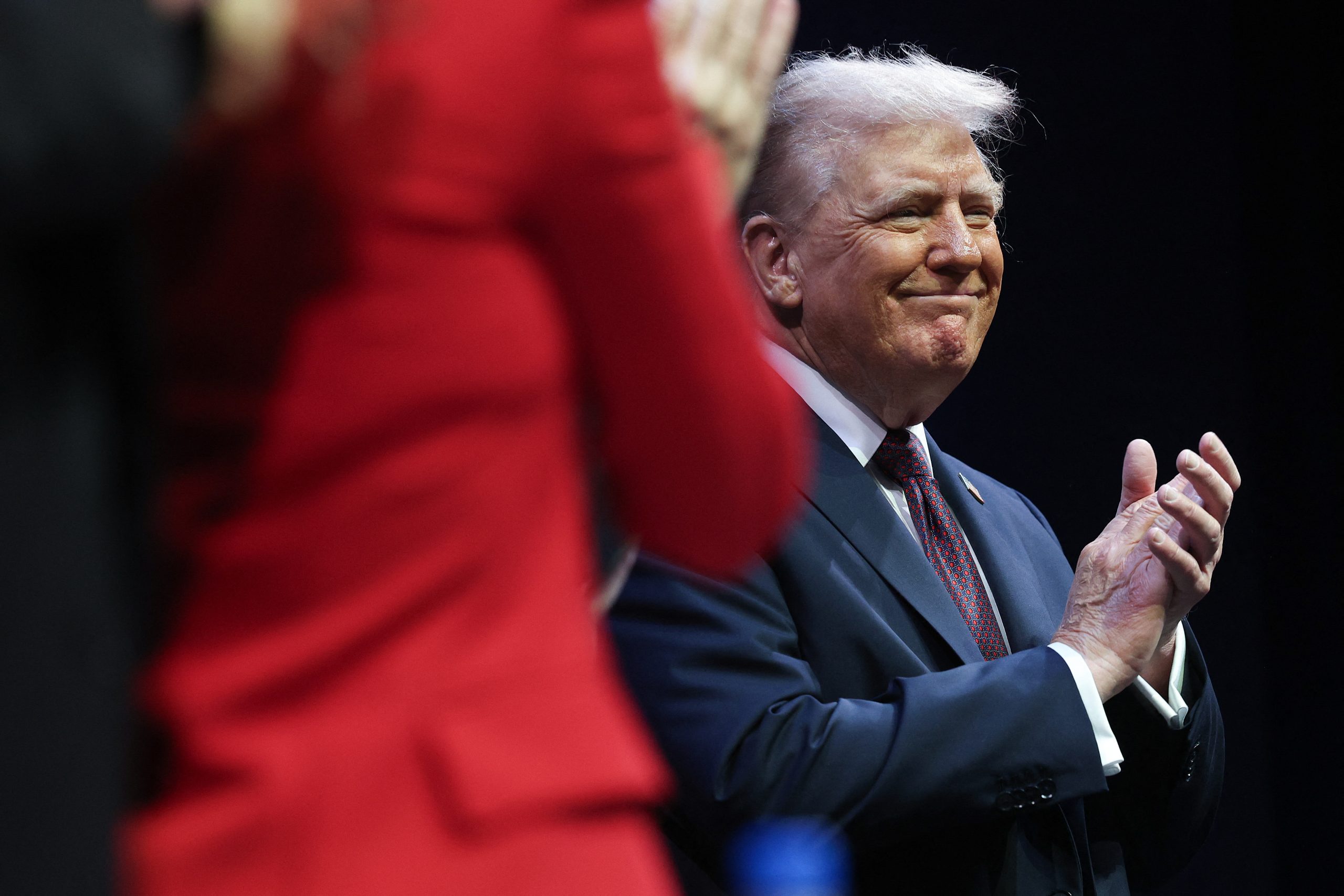A total of 120 civil society organizations have designated Monday, June 12, as a day of protest against fraud involving fuel subsidies and the increase in fuel prices after President Bola Tinubu’s statement that the subsidies will be removed.
The Punch reported that the organizations claimed to have seen firsthand the suffering and chaos that the shift of the price and burden of the subsidy scheme had caused for common Nigerians.
“The coalition ordered all of its affiliates, allies, and stakeholders in the 36 states and Abuja to mobilize cooperatively for the June 12 Citizens Mass Protests and to engage in dynamic protest actions in order to persuade Tinubu’s government to put an end to the crisis.”
The groups claimed in a statement signed by the Head of the Secretariat of the National Coordinating Centre, Olawale Okunniyi, that empirical data demonstrated that the burden of government and the privileges enjoyed by few elites in the country were largely to blame for the issues in the Nigerian economy.
Okunniyi claimed that the groups had made the decision to organize and “lead the collective intervention” in order to stop the elimination of the subsidies from serving as yet another way to further cripple the country’s economy while emancipating the poor.
“The coalition has decided to mobilize and lead the collective intervention of Nigerian citizens, youths, and the masses to ensure that the elite consensus to end fuel subsidy in Nigeria does not become another opportunity for the state finance cartel to manipulate and exploit the subsidy removal policy, to further de-empower and pauperize the vulnerable and poor in Nigeria.
Okunniyi also stated that the group would compile and generate citizen concerns regarding the $800 million World Bank loan that the Buhari administration has secured and how it will be used, as well as concerns about whether or not the Nigerian National Petroleum Commission Limited will “remain as an arm of government, and its true powers in the context of Petroleum Industry Act, PIA, its holistic implementation, and the pricing of PMS in Nigeria”.









